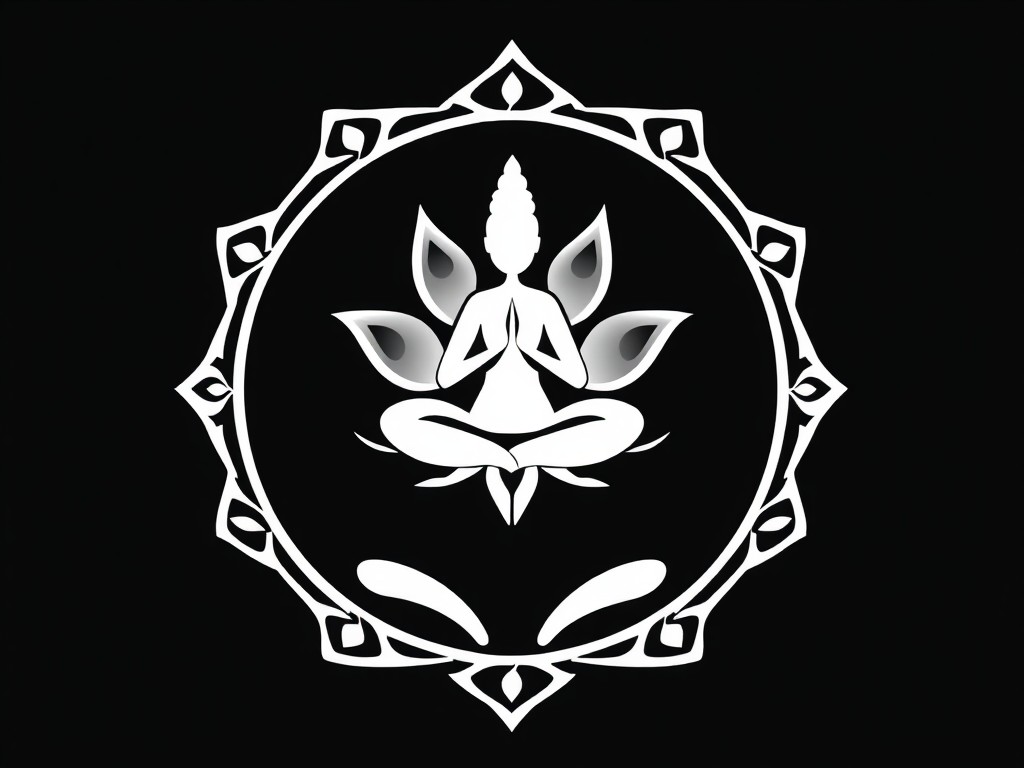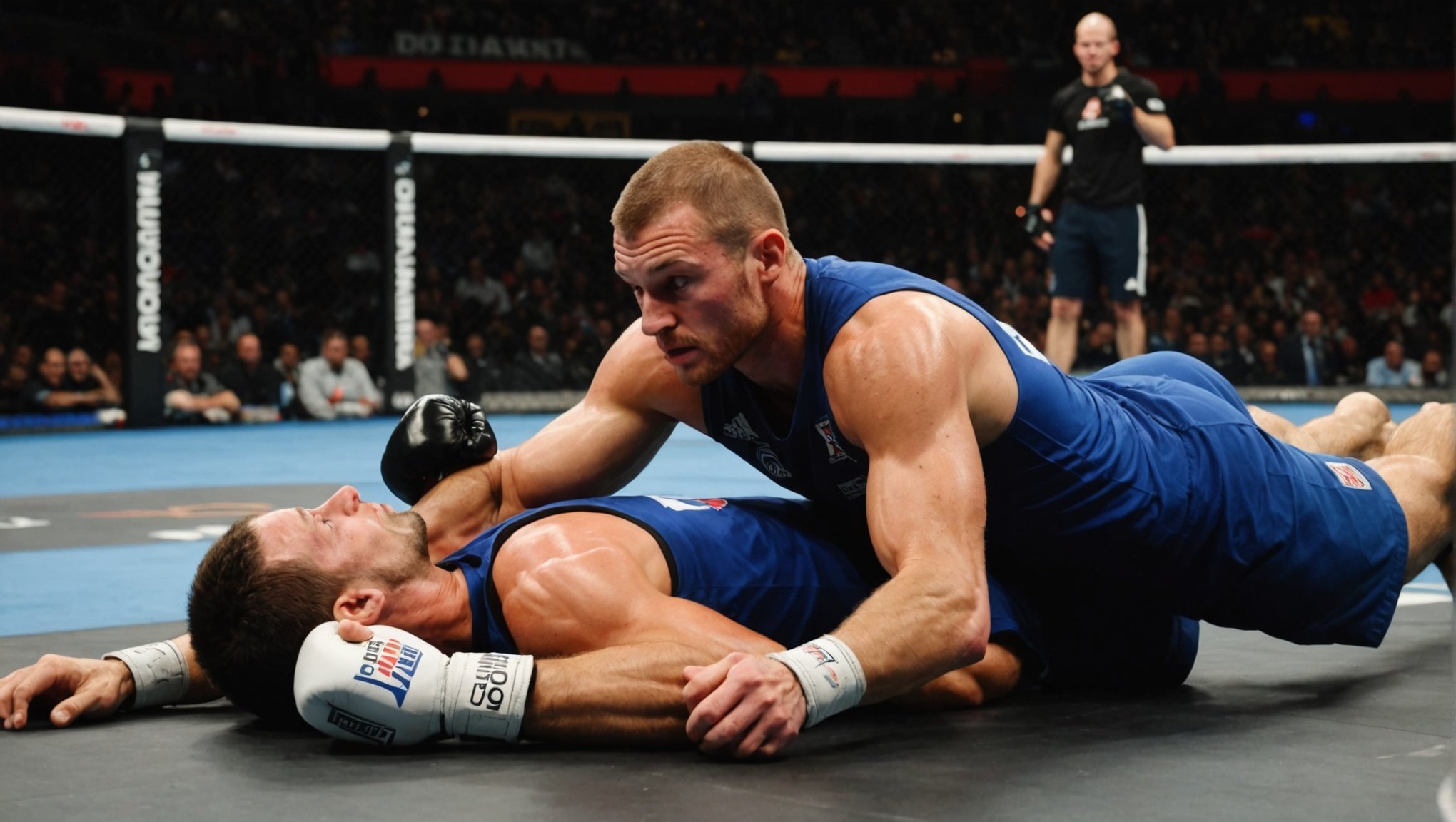Ultimate Relaxation Strategies for Combat Sports Athletes in the UK After Competition
The Importance of Relaxation in Combat Sports
For combat sports athletes in the UK, the period after a competition is crucial for recovery and preparation for the next challenge. The physical and mental demands of sports like boxing, mixed martial arts (MMA), and jiu jitsu can be overwhelming, making relaxation strategies essential for maintaining peak performance and overall well-being.
Physical Recovery
After a high-intensity competition, athletes often experience muscle soreness, fatigue, and decreased strength. A systematic review on the acute and chronic effects of muscle strength training highlights the importance of post-exercise recovery techniques to restore muscle function and reduce injury risk.
Also read : Revolutionizing UK Taekwondo Training: Creative Strategies for Utilizing Video Feedback
- Sports Massage: Techniques such as effleurage, petrissage, and deep tissue massage can help alleviate muscle soreness and improve blood circulation. For example, a study on warm-up, stretching, and cool-down strategies for combat sports emphasizes the benefits of massage in reducing muscle stiffness and enhancing recovery.
- Active Recovery: Light cardio exercises like cycling or swimming can aid in the removal of metabolic waste products and promote blood flow without exacerbating muscle fatigue.
- Rest and Sleep: Adequate sleep is vital for athletic recovery. Athletes should aim for 7-9 hours of sleep to allow their bodies to repair and rebuild muscle tissue.
Mental Toughness and Relaxation Techniques
Mental toughness is a key component of success in combat sports, and relaxation techniques play a significant role in maintaining this mental edge.
Mindfulness and Meditation
Mindfulness practices, such as meditation and deep breathing exercises, can help athletes manage performance anxiety and pressure.
Topic to read : Key Components of an Effective Warm-Up Routine for UK Wrestlers: Essential Tips for Peak Performance
- Meditation: Regular meditation can reduce cognitive and somatic anxiety levels among athletes. Daniel Domaradzki, a mental conditioning coach, notes that his meditation and breathing exercises have helped athletes decrease negative emotions and improve their mood and concentration abilities.
- Visualization: Visualizing successful performances can enhance mental toughness and reduce anxiety. Athletes can use visualization techniques to rehearse their strategies and build confidence.
Specific Relaxation Techniques for Combat Sports Athletes
Here are some detailed relaxation techniques that combat sports athletes can incorporate into their post-competition routine:
Progressive Muscle Relaxation
This technique involves systematically tensing and relaxing different muscle groups to release physical tension.
- Steps:
- Start by finding a comfortable and quiet place to relax.
- Begin with your toes and tense them for about 5 seconds.
- Release the tension and feel the relaxation spread through your toes.
- Move up through your body, tensing and relaxing each muscle group in turn.
Yoga and Stretching
Yoga and stretching exercises can help improve flexibility, reduce muscle soreness, and promote relaxation.
- Benefits:
- Improved flexibility and range of motion.
- Reduced muscle soreness and injury risk.
- Enhanced mental calmness and focus.
Aromatherapy
Certain scents can have a calming effect on the mind and body.
- Essential Oils:
- Lavender oil is known for its calming properties and can be used in a diffuser or applied topically with a carrier oil.
- Chamomile oil can help reduce anxiety and promote relaxation.
Practical Advice for Athletes
Here are some practical tips that athletes can follow to integrate relaxation strategies into their routine:
Create a Recovery Routine
- Consistency: Establish a consistent recovery routine that includes relaxation techniques, sports massage, and adequate sleep.
- Flexibility: Be flexible with your routine and adjust it based on your specific needs and schedule.
Seek Professional Help
- Mental Conditioning Coaches: Working with a mental conditioning coach like Daniel Domaradzki can provide personalized strategies for mental toughness and relaxation.
- Physical Therapists: Consulting with a physical therapist can help athletes develop a tailored recovery plan that includes sports massage and other physical recovery techniques.
Case Studies and Testimonials
Real-life examples from athletes who have benefited from relaxation strategies can be highly motivating.
Example: A Professional Powerlifter
A competing powerlifter who worked with Daniel Domaradzki reported significant improvements in concentration and memory recall after incorporating regular mental training into their routine. This athlete also experienced reduced muscle stiffness and pain from rheumatoid arthritis due to meditation and breathing exercises.
Comparative Analysis of Relaxation Techniques
Here is a comparative table of different relaxation techniques, highlighting their benefits and practical applications:
| Technique | Benefits | Practical Application |
|---|---|---|
| Sports Massage | Reduces muscle soreness, improves blood circulation | Post-exercise, 1-2 times a week |
| Meditation | Reduces anxiety, improves mental focus | Daily, 10-20 minutes |
| Progressive Muscle Relaxation | Releases physical tension, promotes relaxation | Daily, 10-20 minutes |
| Yoga and Stretching | Improves flexibility, reduces muscle soreness | 2-3 times a week, post-exercise |
| Aromatherapy | Promotes relaxation, reduces anxiety | As needed, using essential oils in a diffuser or topically |
Long-Term Benefits of Relaxation Strategies
Incorporating relaxation strategies into a long-term training plan can have numerous benefits for combat sports athletes.
Enhanced Athletic Performance
Regular relaxation practices can improve athletic performance by reducing performance anxiety and enhancing mental toughness.
Injury Prevention
Proper recovery and relaxation techniques can help prevent injuries by reducing muscle fatigue and improving flexibility.
Mental Health
Relaxation strategies can contribute to better mental health by reducing stress and anxiety levels, which is crucial for maintaining a healthy work-life balance.
Relaxation strategies are an integral part of the recovery process for combat sports athletes in the UK. By incorporating techniques such as sports massage, meditation, progressive muscle relaxation, yoga, and aromatherapy into their routine, athletes can improve their physical and mental recovery, enhance their performance, and reduce the risk of injury. Remember, recovery is not just about the body; it’s also about the mind.
As Daniel Domaradzki emphasizes, “Mental conditioning is not just about winning competitions; it’s about living a healthier, more balanced life. By focusing on relaxation and mental toughness, athletes can achieve their full potential both in and out of the competition arena.”






